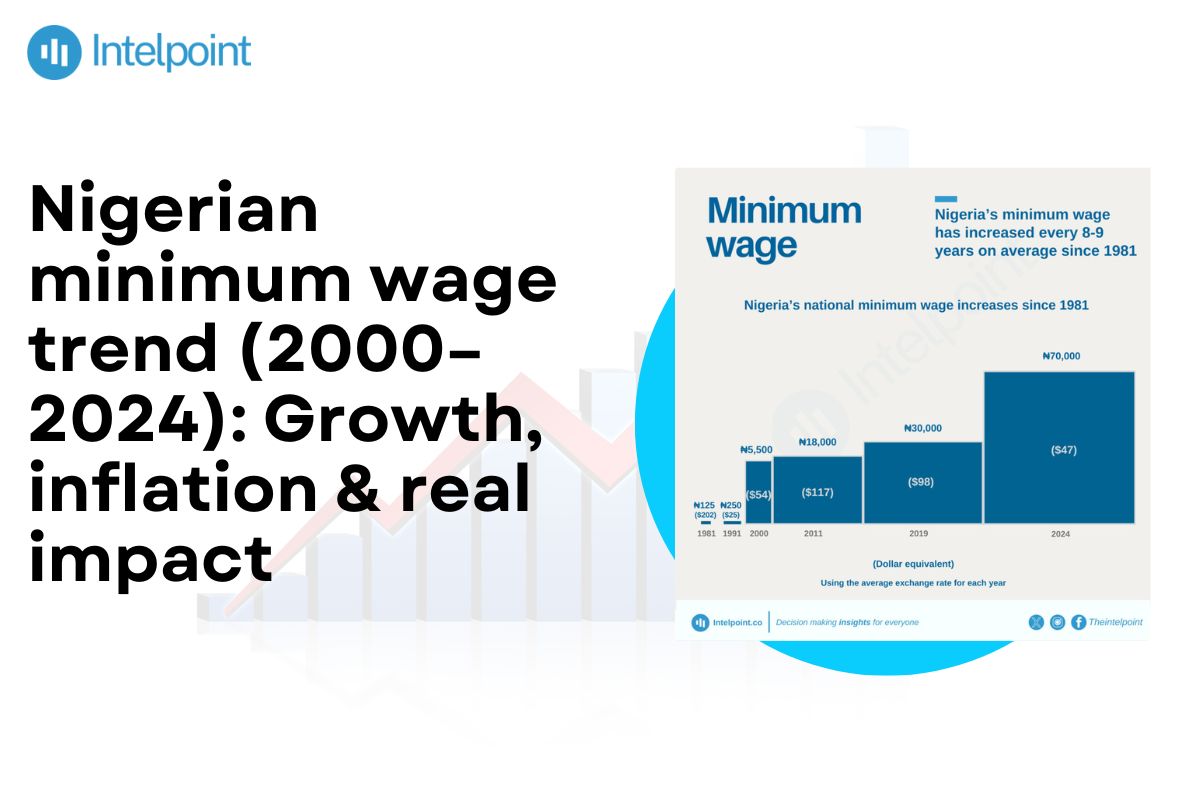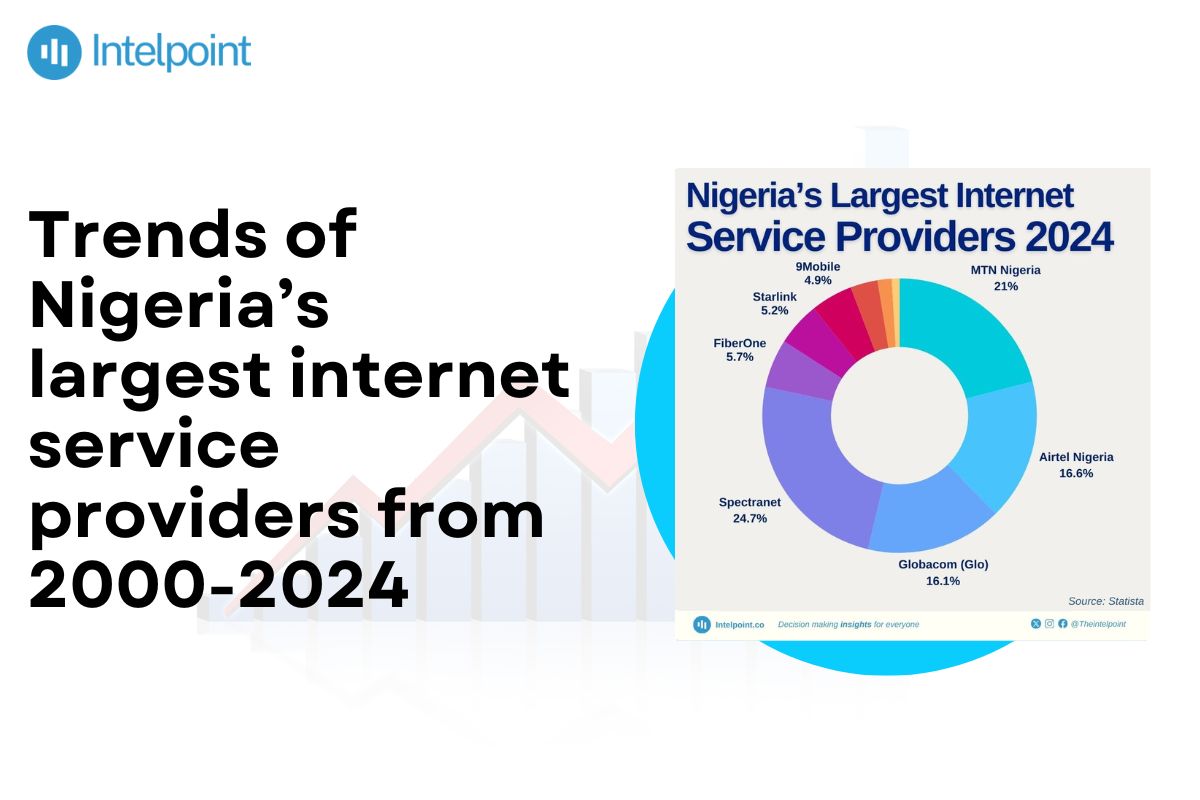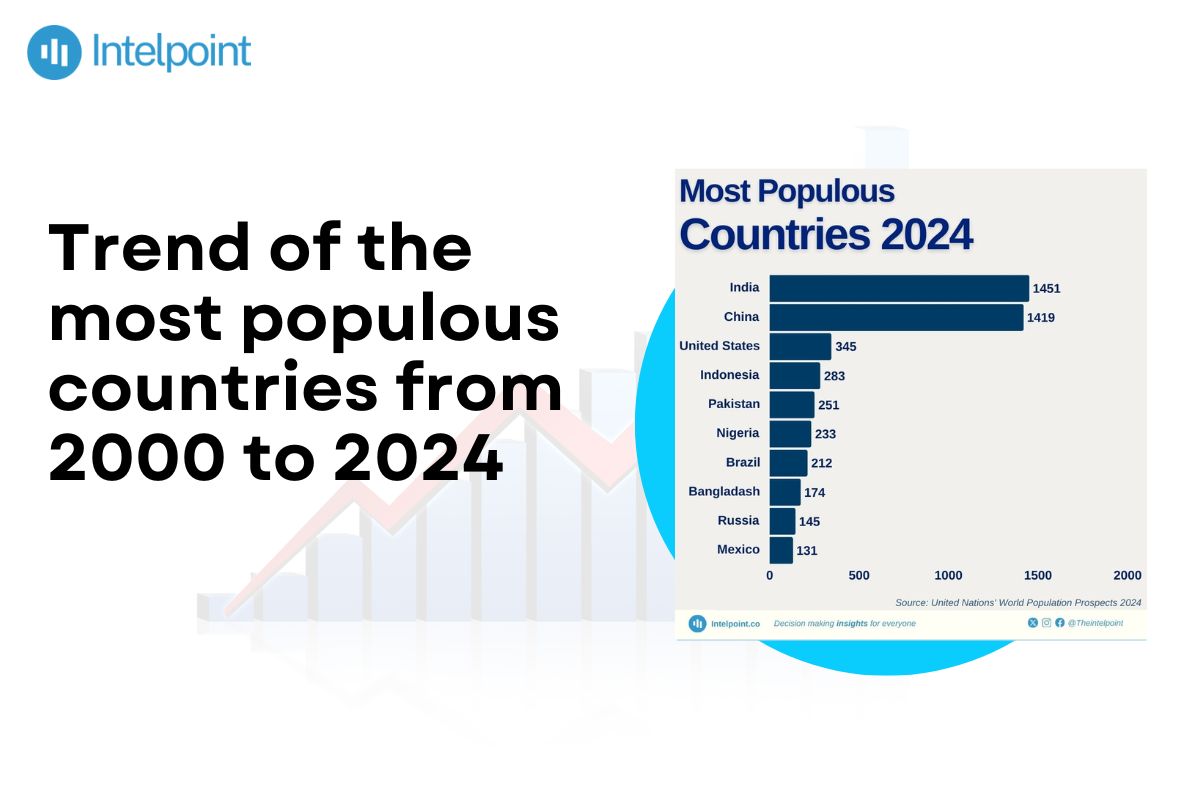Introduction
The budgets of Nigerian states for 2025 reveal important shifts in government spending across the country. These budgets, shaped by factors such as the increase in the national minimum wage, inflationary pressures, and proposed tax reforms, reflect a nationwide trend toward bigger spending plans. While all 36 states have increased their budgets compared to 2024, the scale of these increases varies widely, with some states taking on much larger jumps than others.
Key Takeaways
- Lagos State has the largest 2025 budget, at ₦3.37 trillion, more than double the second largest; Niger State's budget of ₦1.56 trillion.
- Niger, Ogun, and Rivers states joined Lagos in the trillion-naira club for the 2025 budget cycle.
- Eight states increased their budgets by over 100% compared to 2024, with Niger State seeing the largest jump (153.7%).
- Ten states have 2025 budgets below ₦500 billion, a combined ₦4.2 trillion.
- Seven of the ten smallest-budget states are in Northern Nigeria, with Yobe having the smallest budget at ₦320.8 billion, ten times smaller than Lagos' budget.
Nigeria's Largest 2025 State Budgets
Lagos continues to dominate state budgets with ₦3.37 trillion for 2025, 48.5% higher than its ₦2.27 trillion budget in 2024. Niger, Ogun, and Rivers states follow, joining Lagos in surpassing the trillion-naira mark. Niger State's ₦1.56 trillion budget represents a massive 153.7% increase from 2024, showcasing its aggressive spending strategy.
Other notable states include Akwa Ibom, Delta, and Enugu, with budgets exceeding ₦900 billion. However, their growth rates vary significantly: Akwa Ibom's budget increased by 12.36%, Delta's by 35.07%, and Enugu's by 86.19% compared to 2024. This disparity highlights the difference in each state's spending projections.
Three of the states in the big budgets club, Akwa Ibom, Delta, and Rivers, are oil-producing states.

Nigeria's Smallest 2025 State Budgets
Ten states plan to spend less than ₦500 billion in 2025, the smallest among the 36 states. Seven of these states are among Nigeria's least populous: Ebonyi, Ekiti, Gombe, Nasarawa, Osun, Taraba, and Yobe.

Yobe's budget, the smallest at ₦320.8 billion, is ten times smaller than Lagos'. While all states increased their budgets compared to 2024, the size of these increases varied significantly. Adamawa, Ebonyi, and Ekiti, for instance, more than doubled their budgets, with increases of 115.2%, 120.2%, and 135.5%, respectively. Taraba and Yobe, on the other hand, opted for modest increases of 37.6% and 47.9%.
States with the Biggest Budget Increases
The eight states with the largest budget increases for 2025 reflect not just ambitious fiscal strategies but also the challenging economic realities they face. These increases come against a backdrop of inflationary pressures, currency devaluation, and an increased minimum wage, which have jointly driven up the cost of governance and public projects.

Niger State's 153.7% jump is the largest, propelling it into the trillion-naira club and positioning it second only to Lagos in terms of budget size. Alongside Kogi and Benue, these three states make the North Central the geopolitical zone with the highest representation in the 100% increase club. The South-South is the only zone with no state with a 100% year-on-year increase in budget size.
However, larger budgets do not always equate to effective execution. Historical trends reveal substantial gaps between planned budgets and actual expenditures across Nigerian states. Inflation has worsened the fiscal pressure, raising the cost of imported goods and infrastructure projects. As such, states with large increases face a dual challenge: converting higher allocations into impactful programs and ensuring performance matches ambition.
Conclusion
The 2025 state budgets illustrate a transformative period in Nigerian fiscal planning, driven by national and local economic pressures. While Lagos continues to lead as Nigeria's economic powerhouse, other states, such as Niger and Rivers, are catching up with ambitious budget expansions. Conversely, states with smaller budgets like Yobe and Taraba demonstrate a more cautious approach, though they still aim for growth.
The implementation of these budgets will reveal their impact on state economies and citizens' lives. However, the wide disparities in budget sizes and growth rates highlight the diverse economic realities across Nigeria's 36 states.




